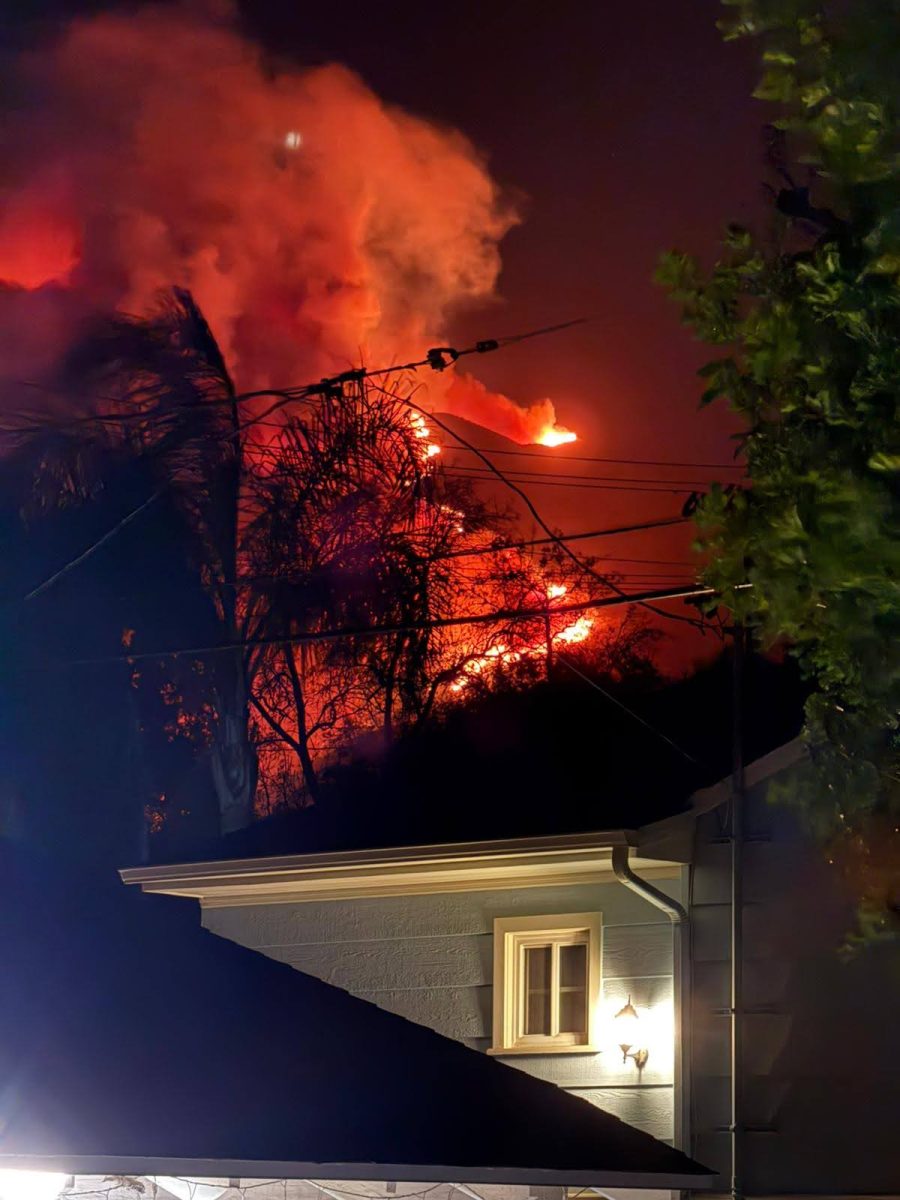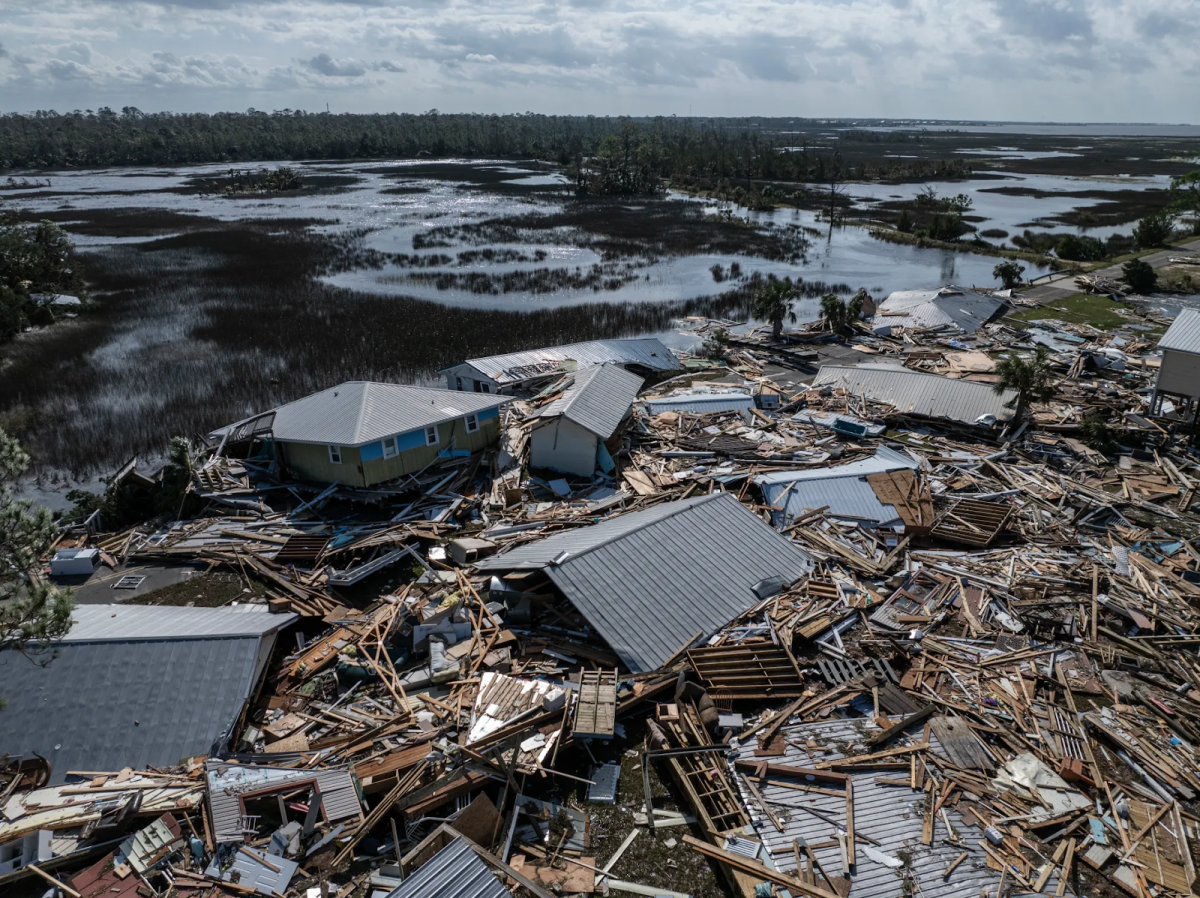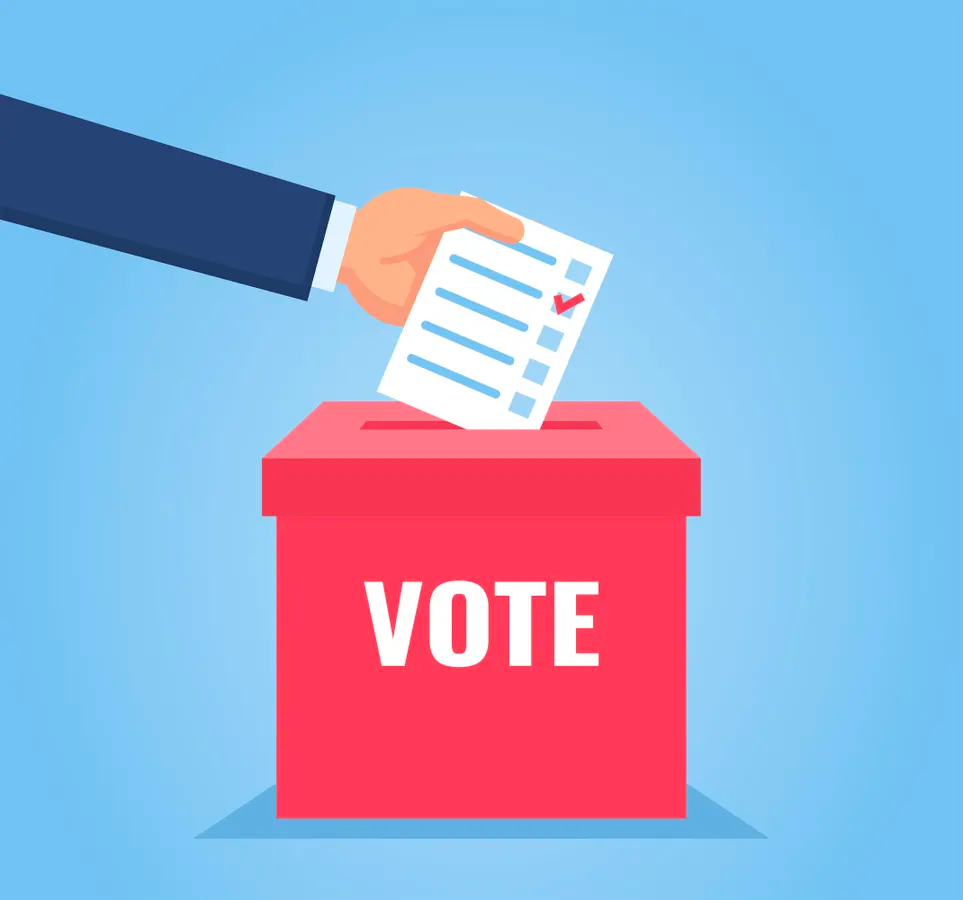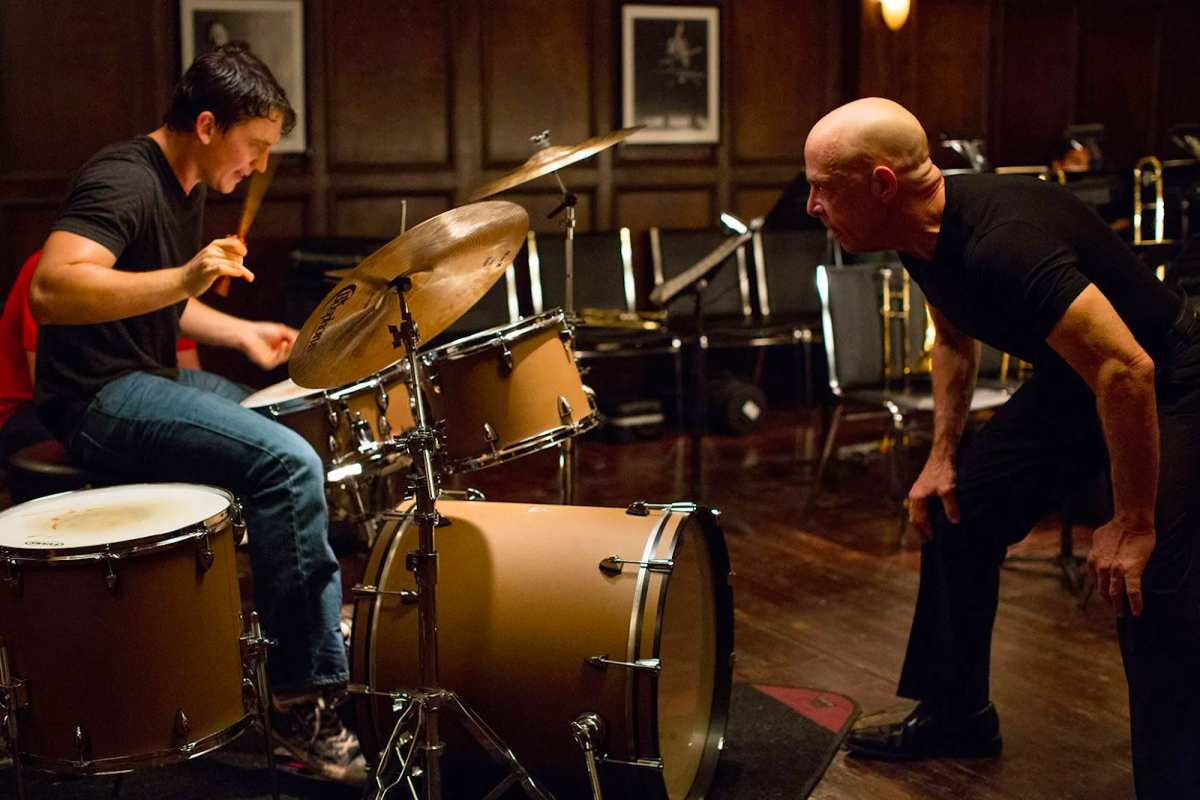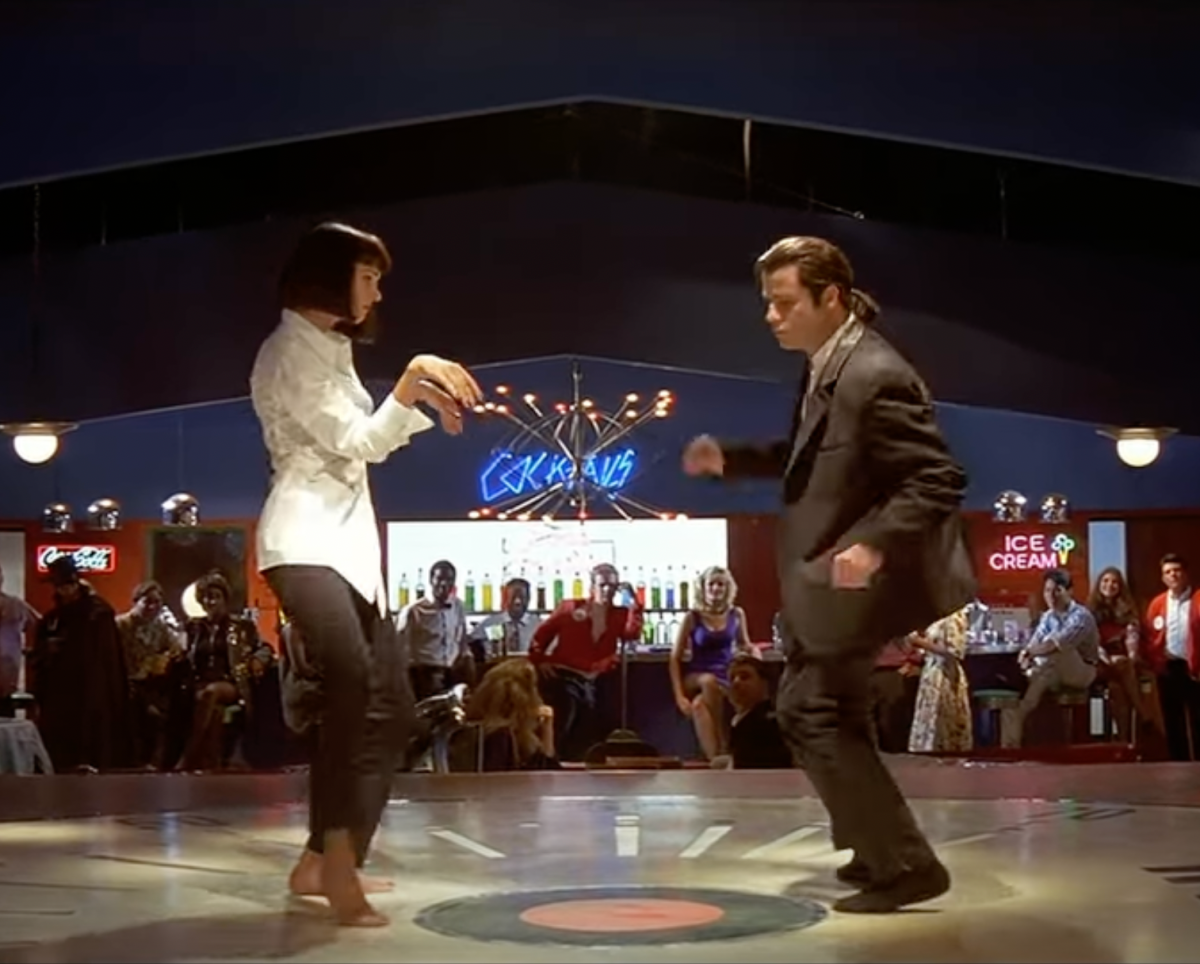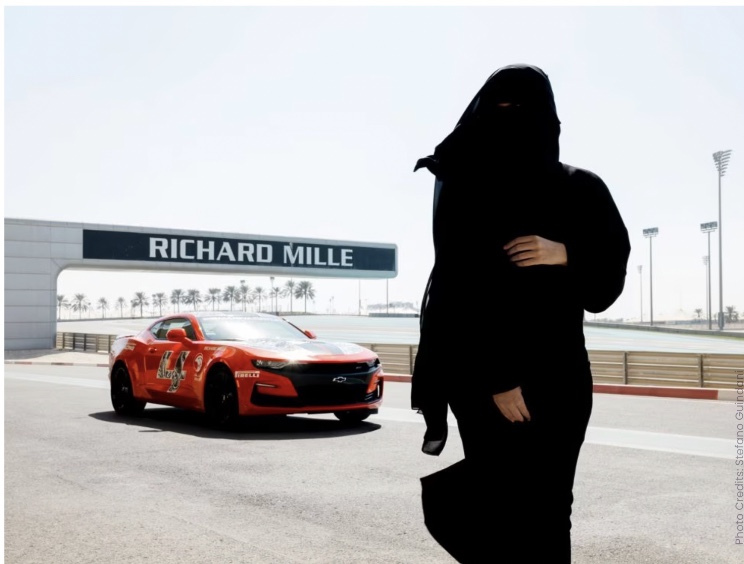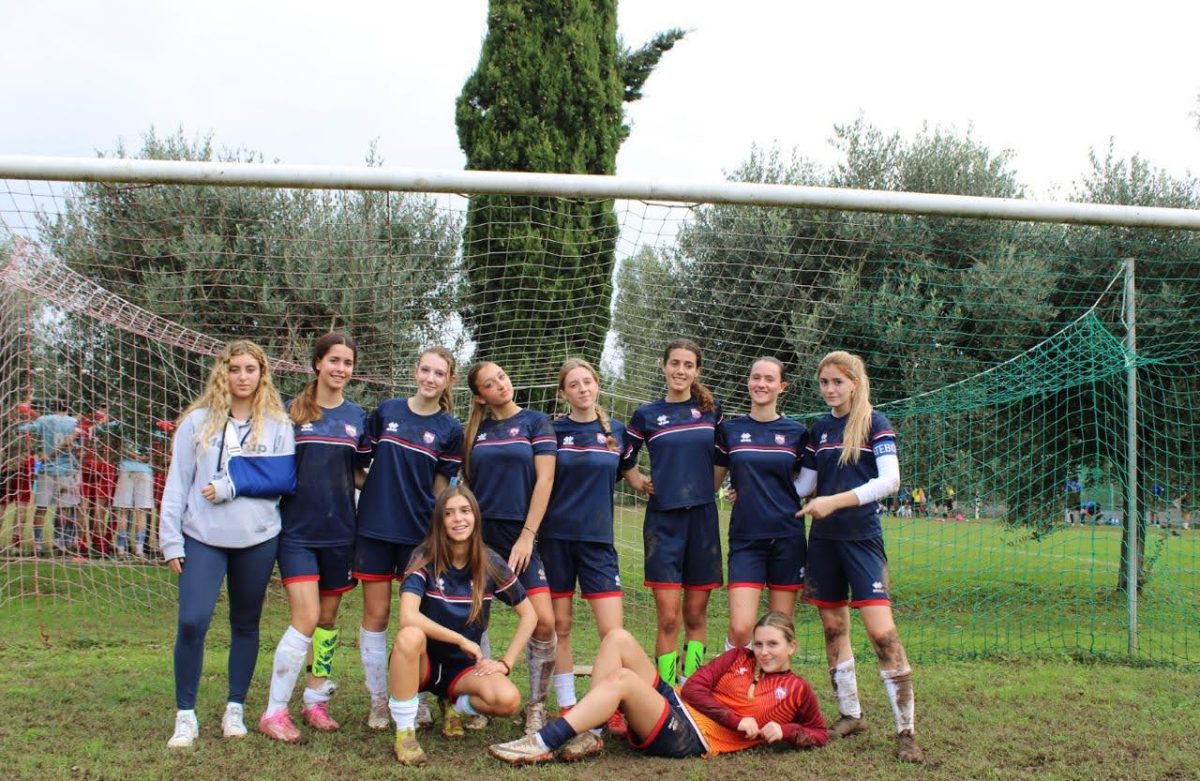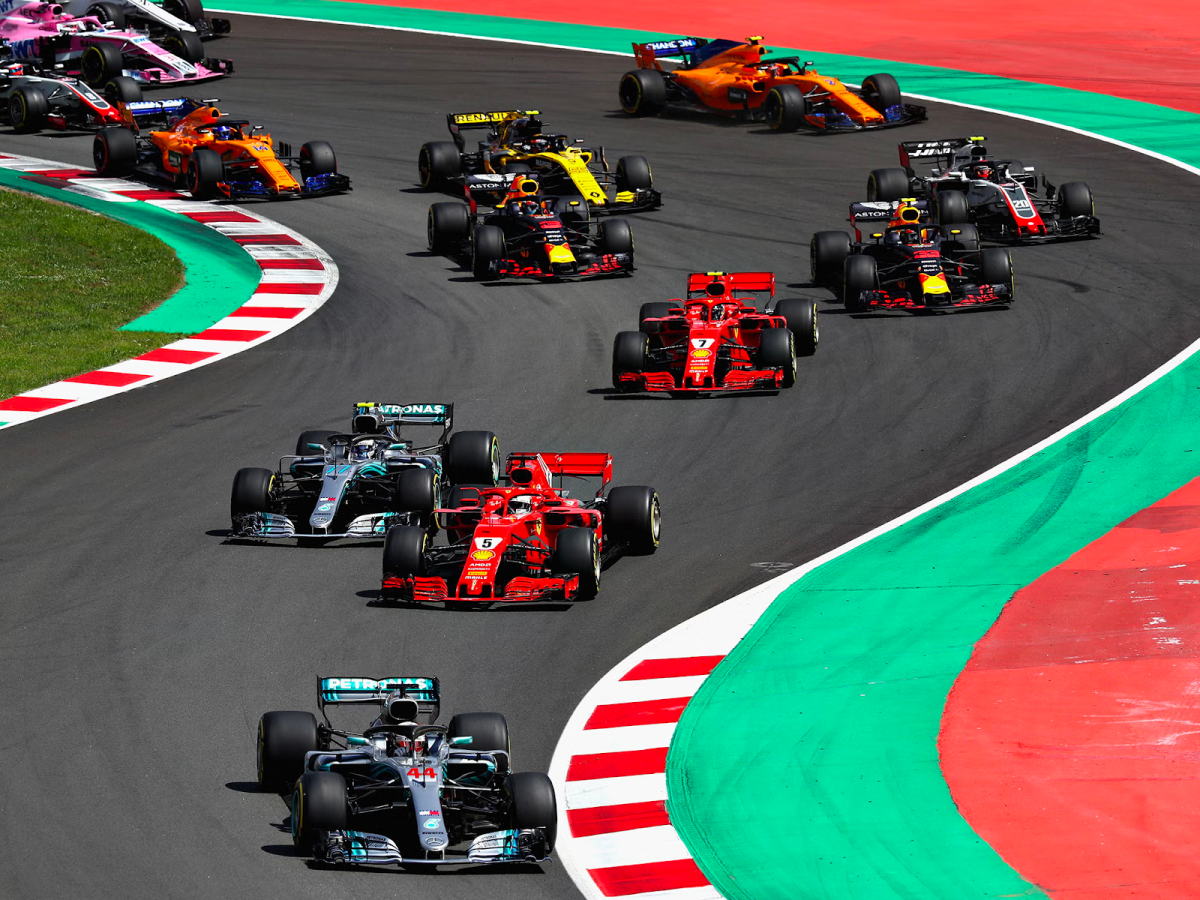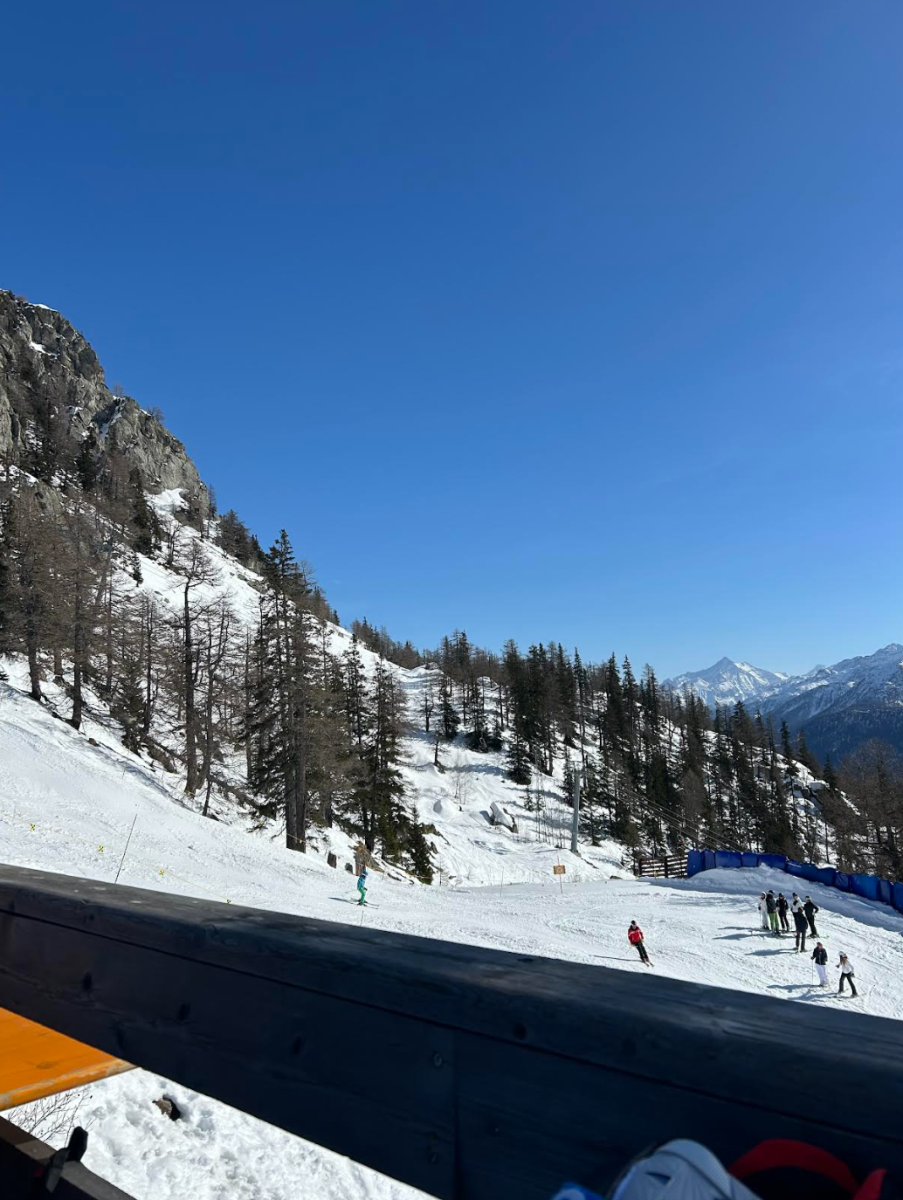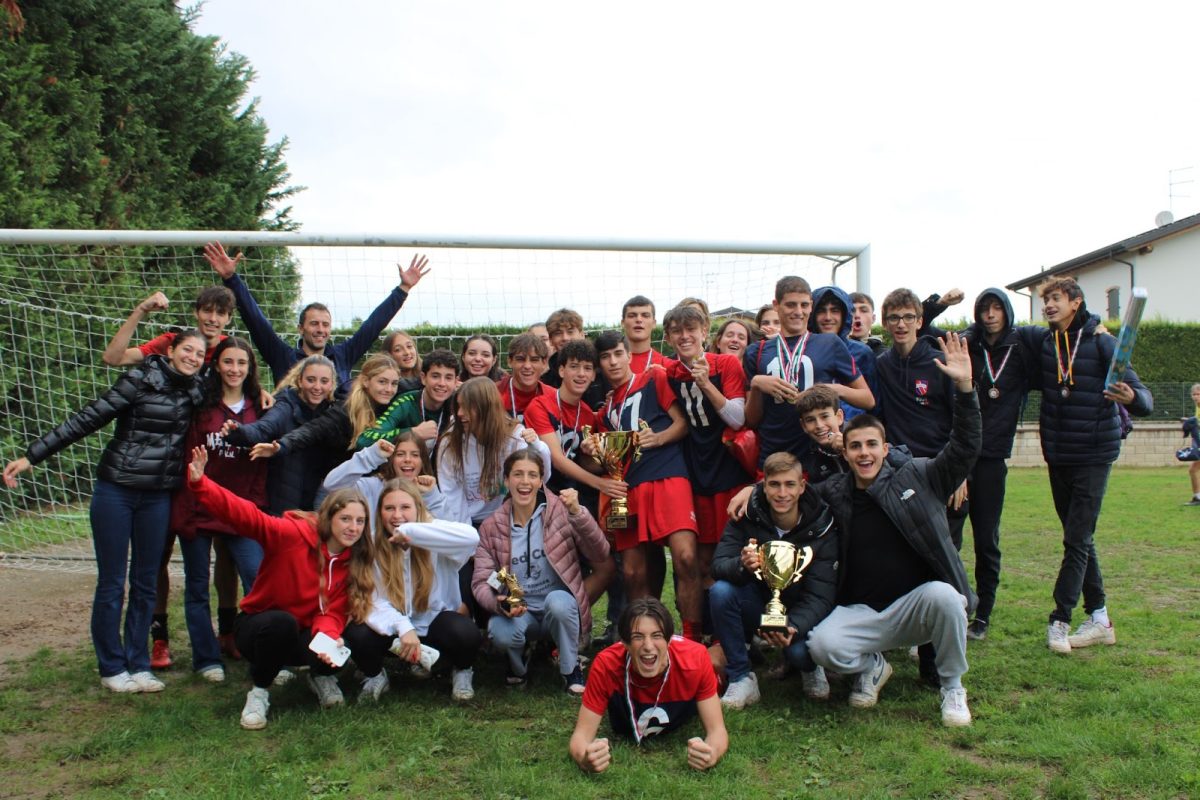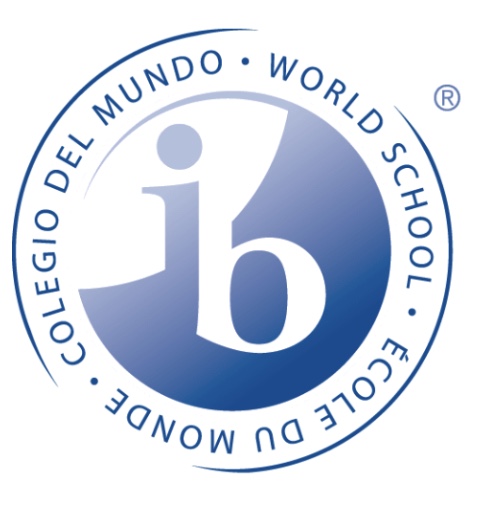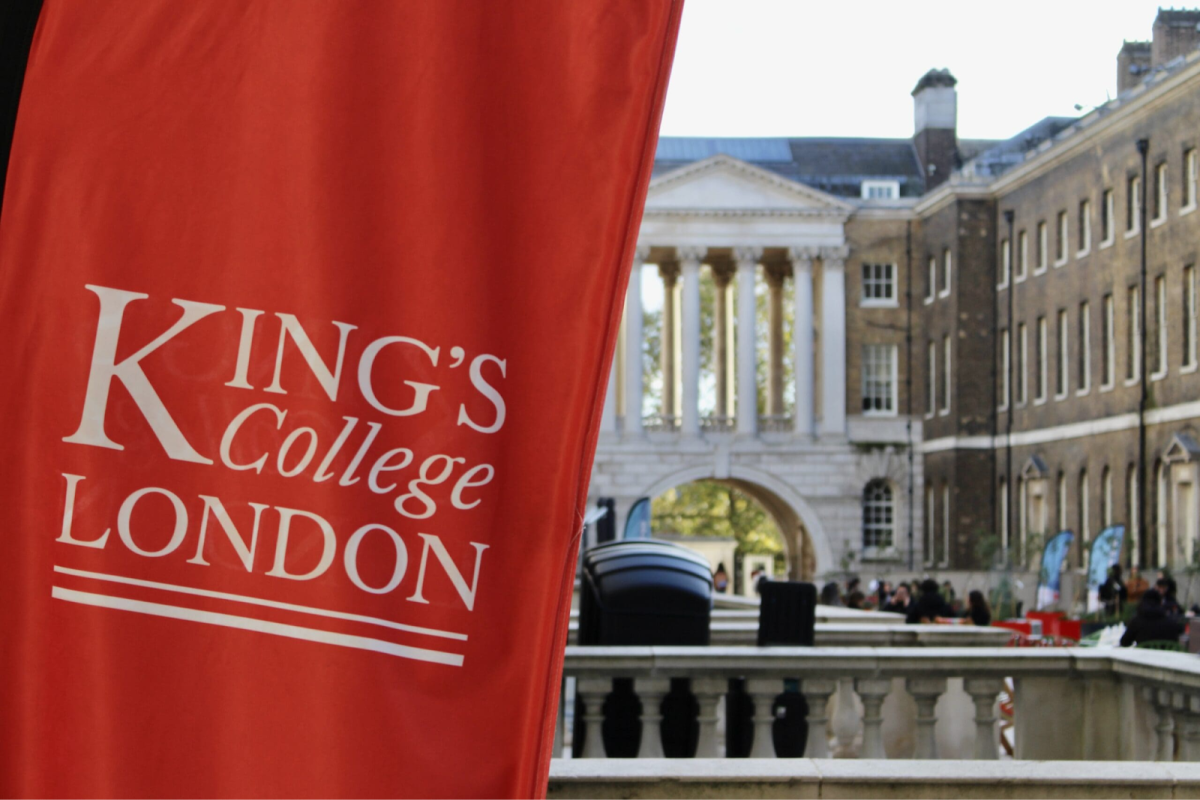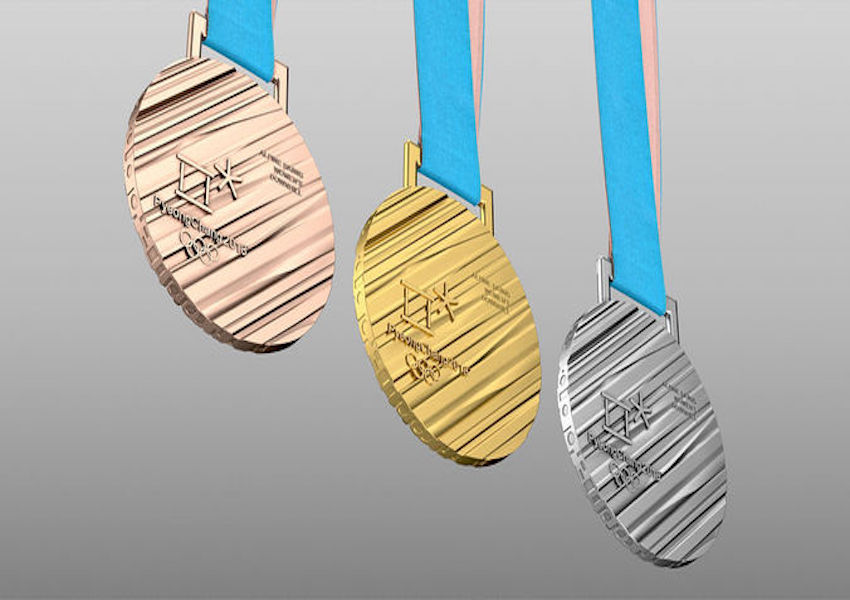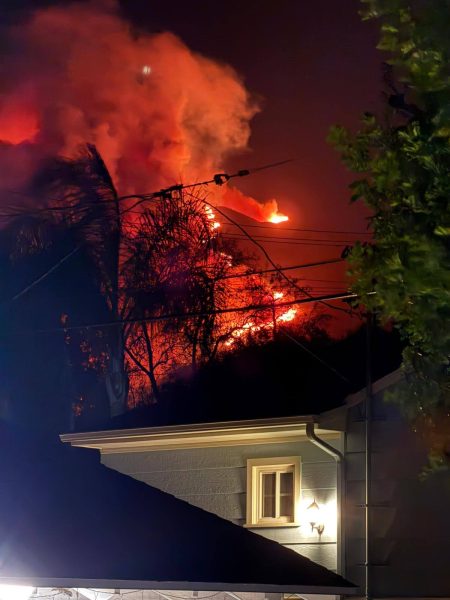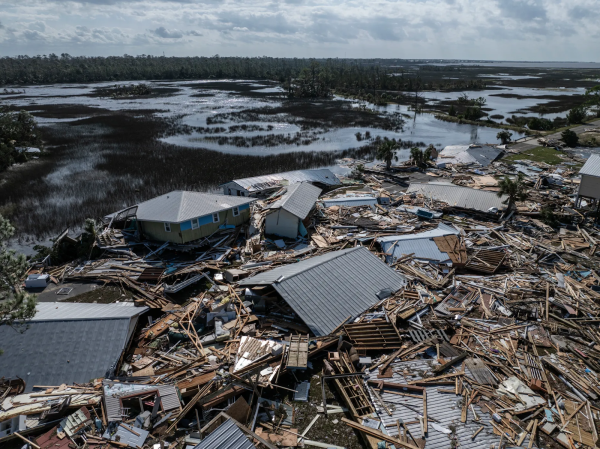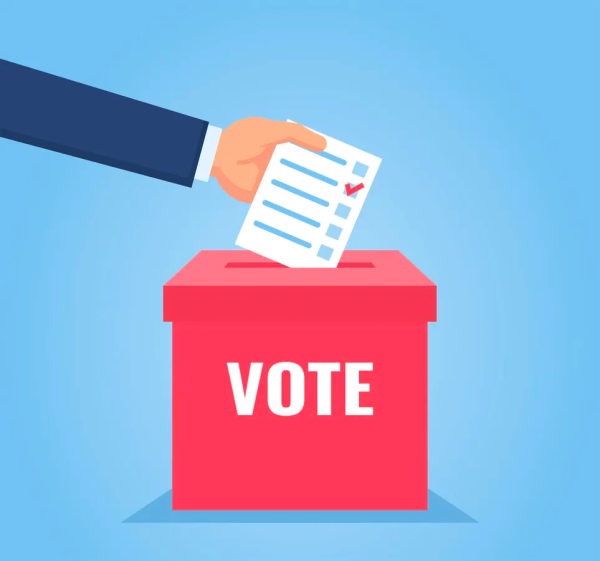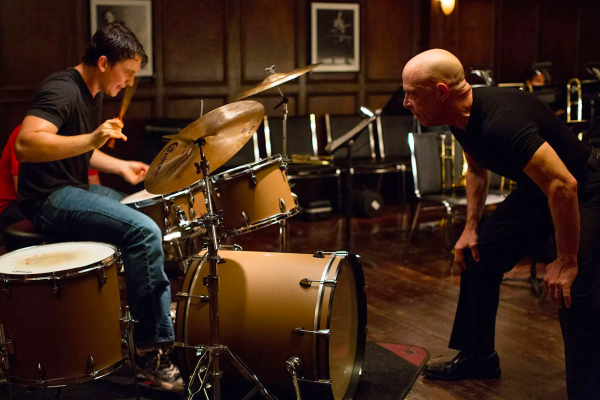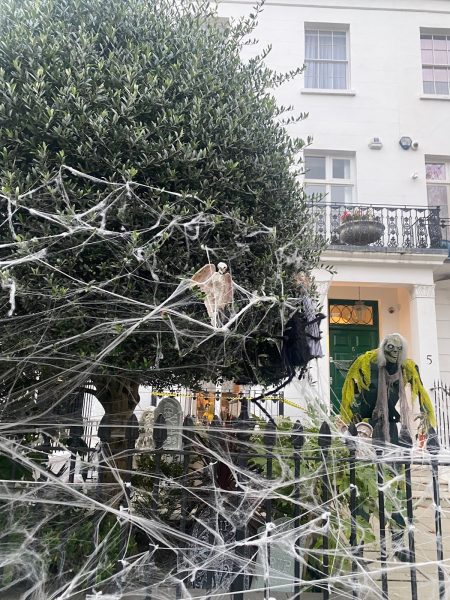Was it the “Peace Olympics”?
This year’s Winter Olympics, ran from the 9 th until the 25 th of
February, in Pyeongchang, South Korea. Marking the
23 rd time that the world’s athletes have competed in cold-weather
Olympic games, there is more than just the hope for gold medals in
the air. 2018 will be the first year in decades that North and South
Korea compete under the same flag.
Hoping that joining sides in the fun, competitive, international arenas
will alleviate political tension between the two countries, President
Moon of South Korea stated that 2018’s Games would be a “Peace
Olympics”. Almost 500 athletes, officials, performers, reporters and
cheerleaders (including North Korea’s leader’s sister, Kim Yo-jong)
have travelled to the Southern part of the peninsula to compete
alongside South Korea. During the opening ceremony night,
all of the individuals dressed in identical white uniforms, waving
flags of their united country “Korea”, wide grins plastered across
their faces.
Close by, watching in the stands, were Kim Yo-jong, US
vice President Mike Pence and the father of Otto Warmbier, an
American student who was imprisoned in North Korea, returned
home in a coma and died soon after. It seems that despite Moon’s
desire for peninsula peace, the US feels it must continue to watch on,
just in case North Korea has more than joining South Korea in mind.
In fact, only a day before the opening ceremony, the States publicly
warned North Korea: announcing its plans to impose further
sanctions on its capital and holding a military parade that included
ICBMs, intended as a pure threat.
Taking a look at North Korea’s perspective, it seems that they too are
being cautious. Over the last 60 years, at least 31,000 Northern
comrades have defected to South Korea. Athletes are also known for
defecting: an ice hockey player defected in 1997, while a judo athlete
defected in 1999. With this painful fact in mind, it is doubtful that
North Korea’s leader will allow for more defecting to occur. Han Seo-
see, a cheerleader who defected to South Korea in 2006, claims that
even if they wanted too, it is highly unlikely that athletes would try
during such a “high-profile visit”. She adds that “the team would be
monitored everywhere they go” and are very “aware of the
consequences their family back home would face, were they to make
such a move”. “I wouldn’t have even considered it” she finishes.
While South and North Korea may be united under the public eye,
24/7-surveillance is only pressed upon the Northerners. Despite this,
there is aspiration for further political talks between the two
countries’ leaders. Meanwhile, the US continues to keep its eyes
peeled like a hawk, believing that with its presence there can be
nothing but fun and games.

